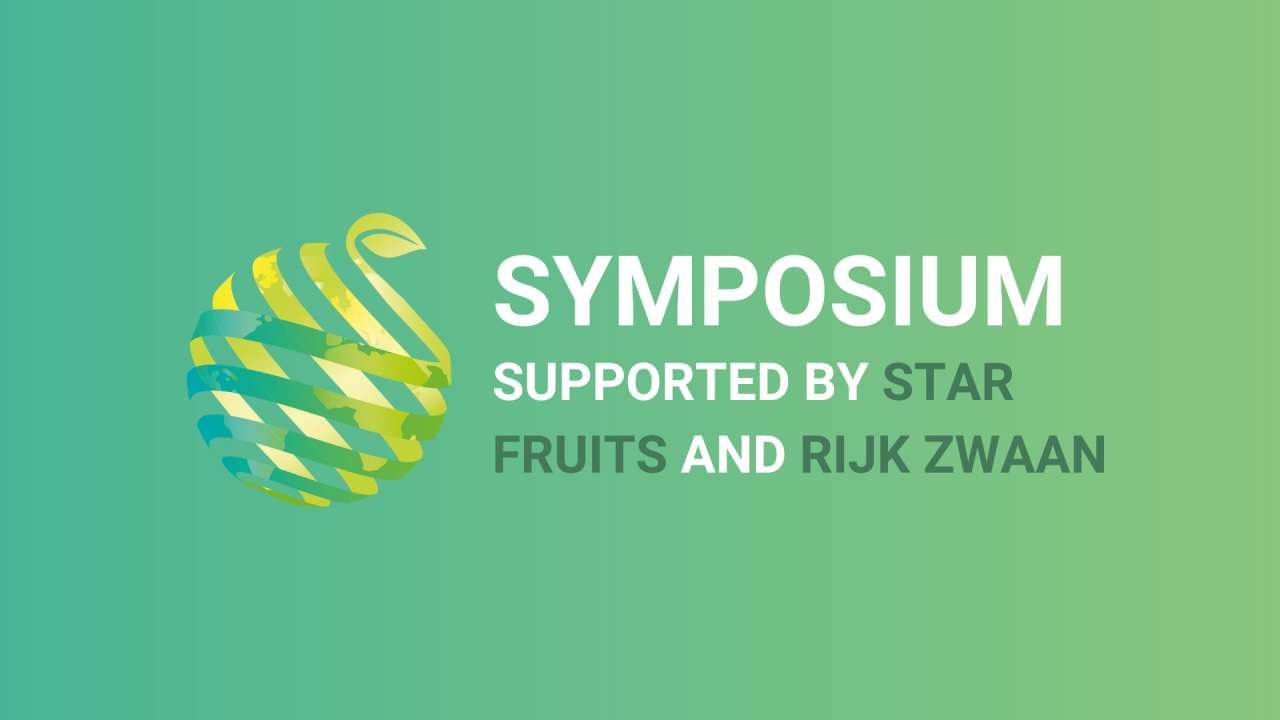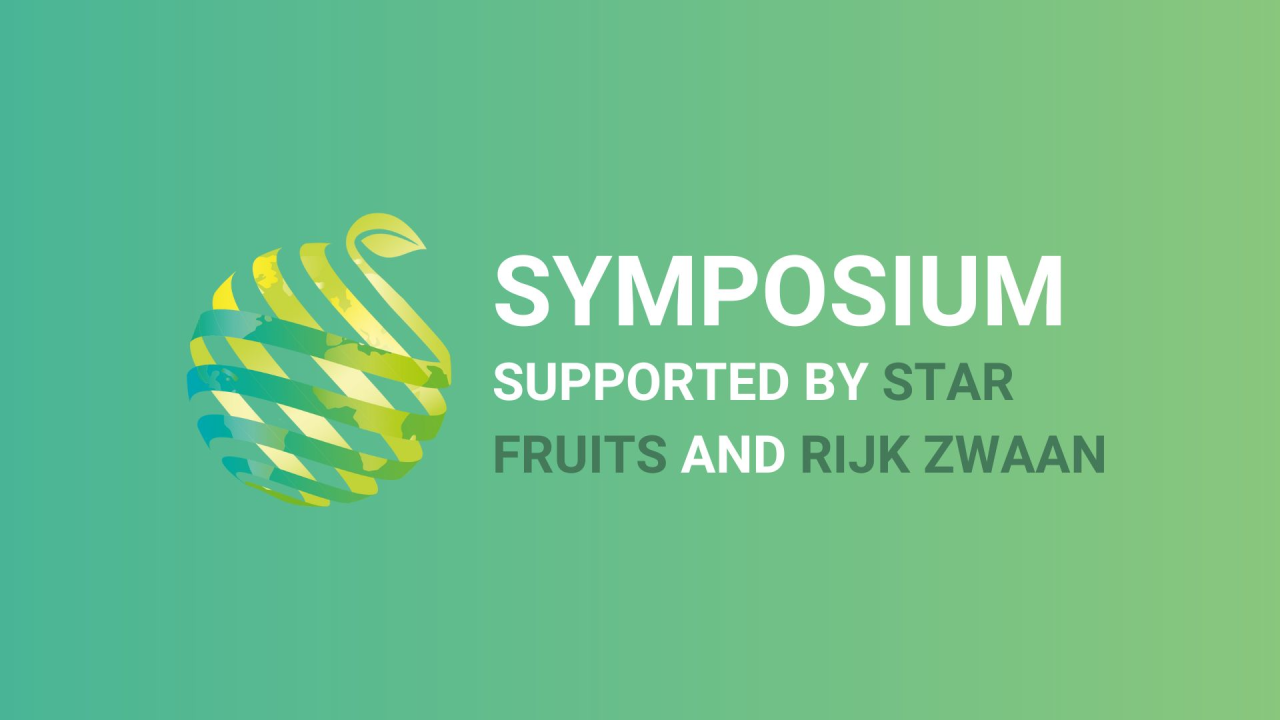

S01 Breeding and effective use of biotechnology and molecular tools in horticultural crops
Information
CALL FOR ABSTRACTS
>
Breeding is of particular importance for crop adaptation, crop diversification and improved production systems in the horticultural sector. Breeding for new plant traits in a fast-changing environment is crucial for horticultural crop performance in the near future. Breeding for specific targets and more sustainable systems are required. More genome sequences are available for horticultural species, as well as resequencing data and genomic resources. Numerous molecular tools and breeding technologies are now accessible to horticulture research for breeding or studying complex traits. The objective of the symposium is to assess new developments in genetics and breeding, applied to horticultural crops while considering the debate on the use of new techniques in these food and non-food crops. The symposium will cover all horticultural crops grown at any latitude around the world.
>
The following topics will be developed during the symposium :
>
• Genome information (pan-genome, epigenome, gene identification, data management…)
• New developments in molecular tools for genotyping plants
• New breeding technologies applied to horticultural crops (such as genome editing…)
• Genetics and breeding for adaptation to environmental constraint and stresses (plasticity capacity, tolerance to salt and drought, resistance to emerging pests and diseases…)
• Genetics and breeding for quality (commercial needs, nutritional and organoleptic quality, aesthetic quality, shelf life capacity…)
• Genetics and breeding strategies for new traits (root development, nutrient and water assimilation, resource use efficiency, phyllosphere interaction…)
• Breeding strategies for sustainable systems (low input systems, organic production…)
• Overcoming phenotyping limitations in genetic studies and breeding for horticultural crops
• Modelling perspectives in breeding efficiency and genetic progress
• Progress and impact of breeding methods (genomic selection, high-throughput phenotyping, speed breeding)
• Advances in participatory breeding and approaches
• Acceptance and risk assessment (ecological, sanitary, social) in relation to breeding strategies and NBT uses
• Role of genetics and breeding in the transformation of food systems
SCIENTIFIC COMMITTEE
>
Roberto Papa, Italy ; Anne Frary, Turkey ; Roland Schafleitner, Taiwan ; Byoung-Cheorl Kang, South Korea ; Jaap van Tuyl , Netherlands ; Ksenija Gasic, USA ; Andrea Patocchi, Switzerland ; Chris Dardick, USA ; Robert Paull, Hawaii, US ; Efrén Santos, Ecuador ; Neena Mitter, Australia ; Craig Hardner, Australia ; Maria-José Aranzana, Spain ; Backiyarani Suthathiram, India ; Ryo Fujimoto, Japan ; Zhanao Deng, USA ; Saurabh Singh, India ; Simone Bühlmann-Schütz, Switzerland ; Hélène Muranty, France ; Shawn A Mehlenbacher, USA ; Elizabeth Dirlewanger, France ; Richard Volz, New-Zealand
>